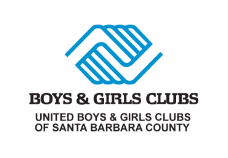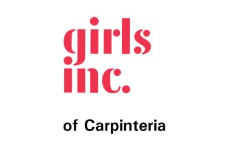our operations
west coast decommissioning program
In the first of its kind in federal waters off the coast of California, Chevron will be going to record-breaking depths to complete the decommissioning of five oil platforms, with the highest priority on the safety of the workforce and the protection of the environment and communities.
Chevron is leading a team of partners in the first-ever decommissioning project in federal waters off the coast of California — a project that will break records for the deepest full removal platform decommissioning of an oil platform in U.S federal waters.
Like any Chevron effort, the highest priority of the West Coast Decommissioning Program is the health and safety of the workers as well as the protection of the environment and nearby communities. This means working hand-in-hand with local, state and federal governments, along with numerous regulatory agencies.
decommissioning process
The West Coast Decommissioning Program is an extraordinary undertaking that will take precise planning and seamless coordination with integral partners. At each step, Chevron’s highest priorities are the safety of all workers and the protection of the environment and communities we serve. Three platforms will break the record for deepest full removal platform decommissioning in U.S. federal waters.
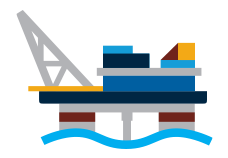
Platform Gail
739’ depth | 37,057 tons
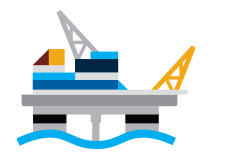
Platform Harvest
675’ depth | 35,150 tons
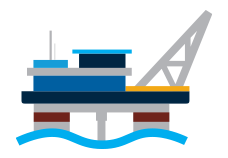
Platform Hermosa
603’ depth | 30,868 tons
We believe exceptional performance in the West Coast Decommissioning Program will be achieved by true collaboration of Chevron functional experts and partners who come together as “one team”, and with genuine relationships with our communities and regulatory agencies that are built on transparency, respect and earned trust.
working with regulatory agencies
The success of the West Coast Decommissioning Program relies on strong, transparent relationships with local, state and federal agencies to ensure the safety of all workers as well as the protection of the surrounding environment and nearby communities.
The federal Bureau of Safety and Environmental Enforcement, in partnership with the Bureau of Ocean Energy Management, will coordinate with other federal and state agencies to review and approve the proposed offshore decommissioning work.
investing in communities
The nearby towns and citizens are some of our most important stakeholders in the West Coast Decommissioning Program. So, we’re investing back in them by supporting programs that help power their communities.
community feedback - contact us
Chevron's West Coast Decommissioning Program is committed to providing open and transparent means for community members to find information, raise concerns, and have inquiries addressed in a timely manner. Email us at WCDProgram@chevron.com or call our 24-hour Community Hotline at (805) 979-3500. We make every effort to respond to you as quickly as possible. You will receive an initial response within five business days.
frequently asked questions
topics covered
related content
-
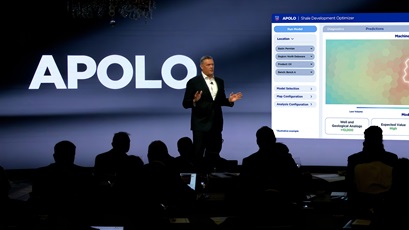
 how APOLO helps chevron pinpoint prime drilling locations
how APOLO helps chevron pinpoint prime drilling locationsour operationsnovember 12, 2025
-
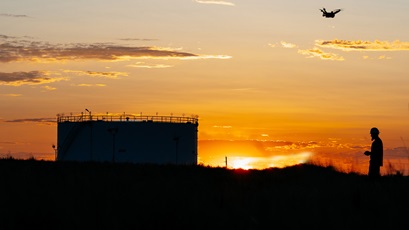
 robotics supports more efficient workplace
robotics supports more efficient workplaceour operationsnovember 10, 2025
-
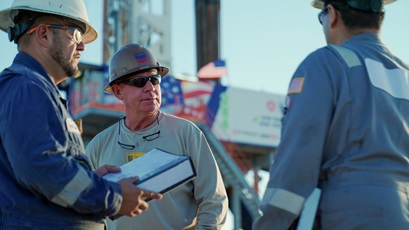
 the people who power the US energy advantage
the people who power the US energy advantageour operationsnovember 06, 2025
-

 a statement from chevron CEO mike wirth on Argentina
a statement from chevron CEO mike wirth on Argentinaour operationsseptember 24, 2025
chevron email updates
Subscribe to our newsletter to receive news and updates.


